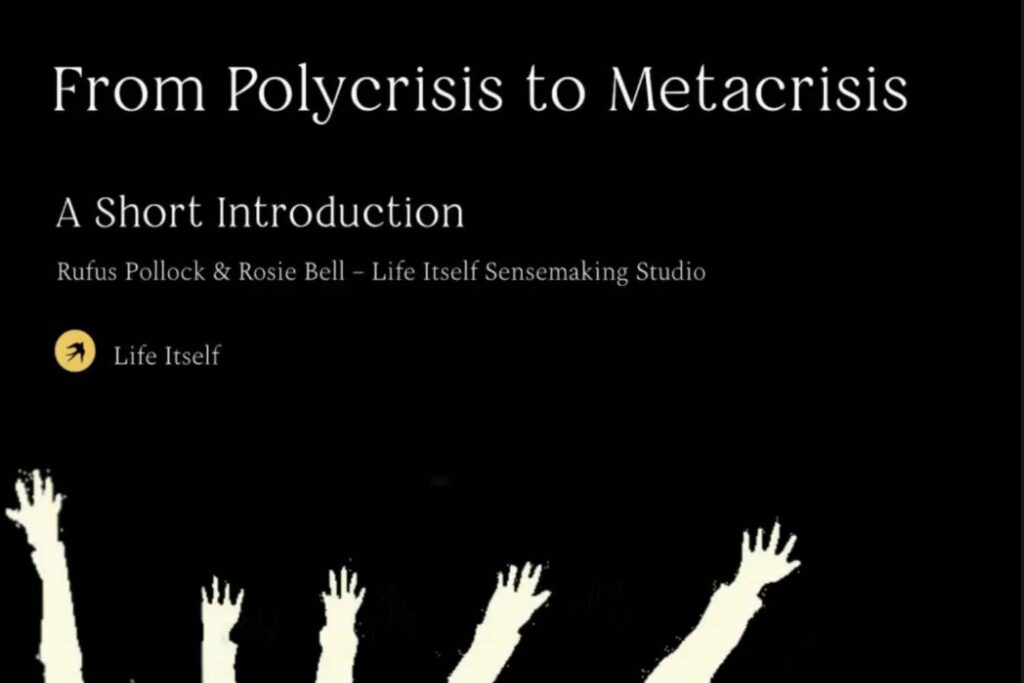Beyond the Buzzword: Rethinking Polycrises in Public Policy and Administration Research
The author examines the use of the polycrisis concept in public policy and administration research, highlighting its potential for addressing complex challenges but noting a frequent lack of conceptual clarity and analytical depth. Polycrises are often treated as static and uniform, despite their dynamic and multifaceted nature. To strengthen its application, the author proposes clearer […]
Beyond the Buzzword: Rethinking Polycrises in Public Policy and Administration Research Read More »









